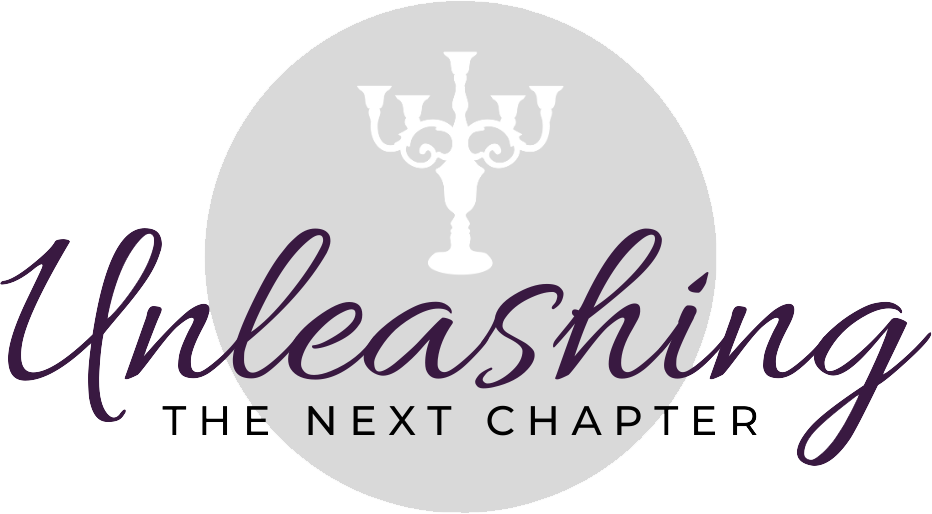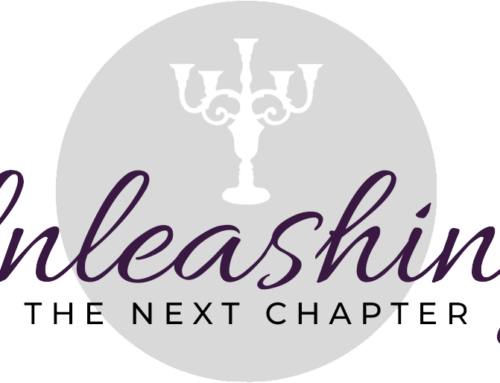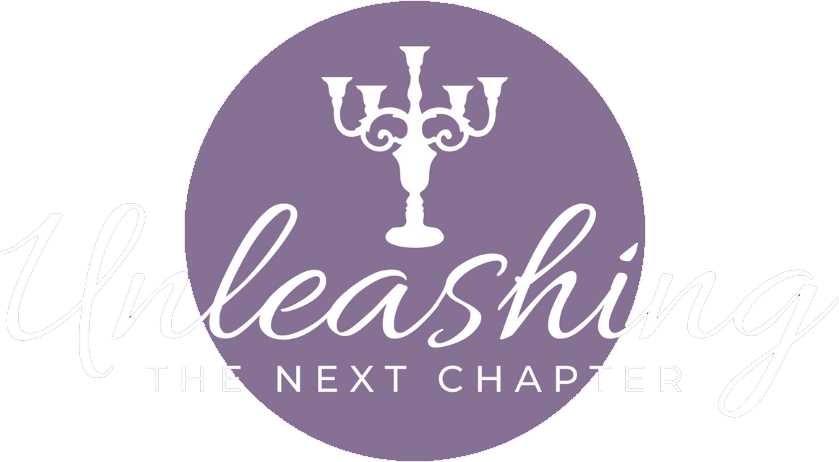I witnessed the savage attack and consequent death of yet another online friendship this week. It was heartbreaking.
It started innocently enough. A Facebook friend posted a meme on a controversial subject. No additional comments, just the meme. Then a friend of hers posted a very general, polite and respectful comment, suggesting a possible cause of the problem. I found it of interest because it addressed something I hadn’t considered. Within minutes my friend’s husband commented by stating his views of the topic in very outspoken terms. His comment assumed the first commenter was disagreeing with the meme. Two hours later, there were at least six people involved and over 60 comments. What started out as a thoughtful observation had disintegrated into name-calling, and political, personal, and religious attacks. At the end, no one had accomplished anything, a real life friendship was over, and a lot of respect was lost for all the participants by everyone reading the conversation.
This reminded me of another such occurrence when I joined Facebook five years ago. I had posted a benign observation, and then went off on my merry way. Later that night I discovered a colleague and a friend had their own throw down, no holds barred, fight in the comments. If these two individuals had been sitting at my dining room table, discussing the same topic, it would never have happened. This lovely university professor and a respectable business executive who had never met in real life were arguing, cussing, name-calling, and assuming the worst about each other in such an awful way that I deleted the conversation rather than involve myself. The crazy thing is that knowing them both as I do, I know that in real life they ascribe to the exact same religious, political, and professional views. Before this, I had even considered fixing them up because I knew they would get along marvelously.
Probably everyone participating in social media has witnessed similar scenarios. Have you also wondered what causes polite, intelligent, decent people to come unglued and write things they would never consider saying in person? I understand that anonymity causes some of us to ignore our inner critic or conscience, but what causes us to assume the other person is disagreeing and disrespecting us in the first place?
In the attack that occurred this week, I could see there were some unfortunate typos and mis-communication that further clouded the issue. Had each of the people taken time to breath and think before responding, and proof-read their comments before hitting send, the conversation might not have spiraled out of control so quickly. But that doesn’t address the bigger issues…
In today’s cut-and-paste world of social media, it is too easy to post simplistic comments to complex issues, never knowing who will see them. When these comments are taken out of context by people who don’t know each other in real life, misunderstandings are bound to happen. I am in no way suggesting social media is the problem or that we should stop discussion on the internet, but I am suggesting that people apply the manners their parents (hopefully) taught them as children:
- Assume the best of people until proven wrong.
- Treat others with the same respect with which you want to be treated.
- No name-calling or profanity, or you’ll get your mouth washed out.
- If you don’t want someone to know you did or said something, then you shouldn’t be doing or saying that thing.
- If you can’t say anything nice, don’t say anything at all!
Having been a student and teacher of Composition and Rhetoric, this online phenomenon fascinates me. I love a good debate, but one of the main tenents of persuasive communication is knowing and accounting for time, place, and audience. I believe we are all free to say what we want, but it’s irresponsible to lob a provocative comment out to the general public without knowing what or whom it will land on.
I, like most of my friends, have very strong and tightly held opinions on pretty much everything. I am happy to debate and discuss everything, although I am selective about when and where. Topics such as religion, politics, gun control, abortion, capital punishment, etc., are too complex to be addressed in 140 characters or less. I choose to have those conversations face-to-face. Additionally, I try to be mindful of my Facebook friends and who their friends might be. After five years, I have figured out what works for me—I have two Facebook timelines, one personal and one professional (and a separate one for Gizmo).
On my personal page I only “friend” people I know well enough to invite into my home. These “friends” include my family members, real life friends, colleagues past and present, church family, past students, etc. They represent almost all religious and political views, and live on every continent (well… I can’t think of any in Australia or Antarctica…). That being said I choose not to post political or religious memes as it would just ask for trouble, as proven by my professor and executive friends mentioned earlier.
On my professional Facebook page, anyone can “LIKE” me, and I post things that might interest other bibliophiles. I hope to build that audience and one day announce that my book has been published and is available for purchase. I welcome comments and discussion there of reading and writing related topics for those who are interested in reading or writing (and my mom who’s not so interested, but loves and supports me anyway).
So, if you’ve made it to the end of my musings over childish online fighting, here’s the bottom line: consider your audience. If you aren’t certain who will be reading your comments, make sure they are appropriate for everyone. If you choose to post political or religious content, viewable by “friends of friends” or “everybody,” don’t be surprised if you find yourself or your friends fighting.
Shalom Y’all.



Leave A Comment